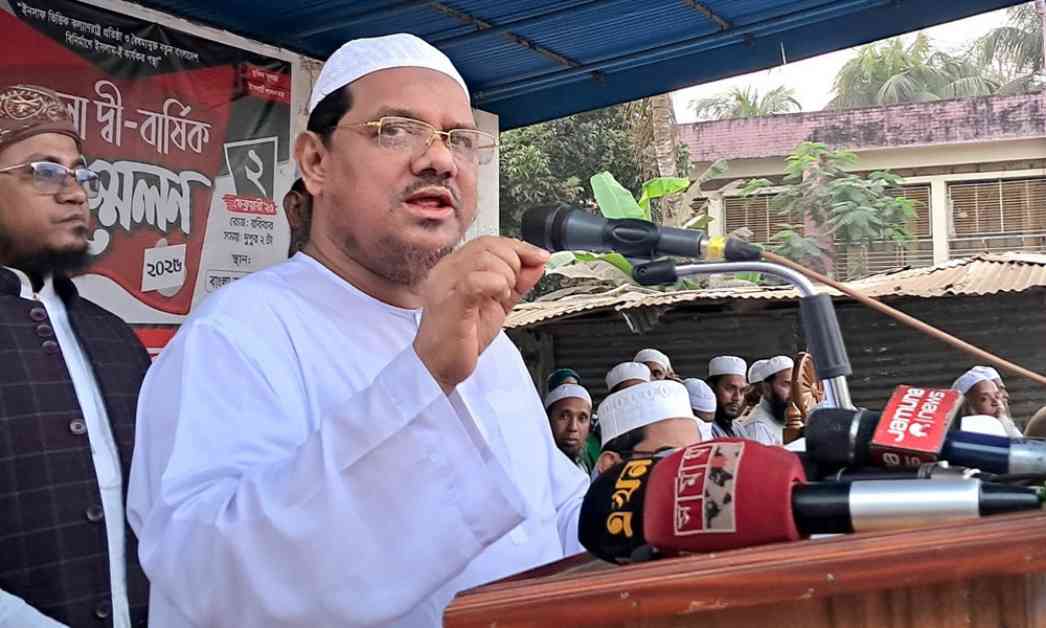Aiming to Foster a Peaceful Bangladesh for the Well-being of its People
In recent news from Bangladesh, a desire to create a nation where its citizens can live in peace and harmony has been expressed. This sentiment reflects the aspirations of many who seek a better future for themselves and their communities. As the country grapples with various challenges, the vision of a peaceful Bangladesh remains a beacon of hope for those striving for a better tomorrow.
Challenges to Peace and Well-being
One of the incidents that have shaken the nation recently is the report of a youth’s death due to alleged torture by the Border Security Force (BSF) in Chapainawabganj. This tragic event has raised concerns about human rights violations and the need for accountability in law enforcement agencies. The family and community of the deceased are left grieving and seeking justice for this untimely loss.
Another disturbing incident involved a clash at a meat-eating event where broth was served instead of meat, leading to injuries to four individuals. Such conflicts, even over seemingly trivial matters, highlight the underlying tensions and frustrations that can escalate into violence. It underscores the importance of effective communication and conflict resolution to prevent such incidents in the future.
Furthermore, a fire at a jute mill in Rangpur has caused significant damage, disrupting the livelihoods of many workers and their families. The aftermath of such disasters not only poses economic challenges but also raises questions about workplace safety and emergency preparedness. It serves as a reminder of the vulnerability of workers in hazardous environments and the need for stringent safety measures to protect lives and property.
Steps Towards a Peaceful Future
Despite these challenges, there are signs of hope and progress towards building a peaceful Bangladesh. Initiatives that promote dialogue, understanding, and cooperation among different communities play a crucial role in fostering peace and reconciliation. By addressing the root causes of conflicts and promoting inclusivity and diversity, these efforts contribute to a more harmonious society where everyone can thrive.
Moreover, the role of law enforcement agencies in upholding justice and protecting human rights is paramount in ensuring a peaceful environment for all citizens. By holding accountable those responsible for abuses and misconduct, the rule of law is strengthened, and trust in the justice system is restored. This, in turn, paves the way for a more just and equitable society where everyone feels safe and secure.
In conclusion, the journey towards a peaceful Bangladesh is a collective endeavor that requires the commitment and cooperation of all stakeholders. By addressing the underlying causes of conflicts, promoting dialogue and understanding, and upholding justice and human rights, the country can move closer to realizing the vision of a peaceful and prosperous nation. As individuals, communities, and institutions work together towards this common goal, the dream of a peaceful Bangladesh for the well-being of its people can become a reality.













